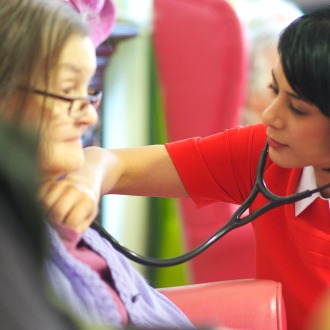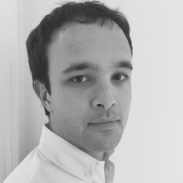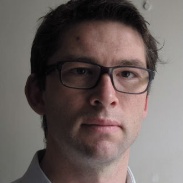Should we ever blame patients for wasting GP time?


YES
While GPs often feel uncomfortable placing blame on patients, we shouldn’t ignore the fact that, as adults sharing a finite resource, wants and needs must be moderated accordingly. Primary care can sometimes feel so overloaded with the former that it cannot respond to the latter.
In March, the support organisation Resilient GP documented almost 200 examples of what it deemed an ‘inappropriate use of GPs’ time and skills’. These included one patient requesting sick notes as an alibi for infidelity and another booking an appointment to complain that a sore throat had resolved on its own.
This was finally an acknowledgement that the public has a role in protecting the NHS. But proving that we GPs are sometimes our own worst enemies, it was met not just with a collective sigh of relief, but also by protracted hand-wringing from colleagues.
By contrast, patients generally responded sympathetically and were supportive towards our profession.
Of course, some groups of patients cannot be expected to recognise fully this collective responsibility for using GP appointments appropriately, for example those with mental illness or learning difficulties, or the frail and elderly. They are the ones who most need our help, the ones to whom we should make ourselves most accessible. Conversely, they also suffer most from the fallout of inappropriate demand. By excusing regular offenders we not only hand over problems to our colleagues – just as we do by inappropriate prescribing – but also penalise patients in real need.
While I’ll acknowledge GPs sometimes aren’t very good at ensuring our patients understand how we work, it’s clearly time to take action when in- and out-of-hours services are swamped, triage lists full of absurd, non-medical requests, and it is not unheard of for one person to miss two appointments in a single day.
While patient education needs to start with us, the responsibility cannot solely rest with a profession that is fighting to keep its head above water.
Whatever the next Government looks like, it needs to engage the public in an adult conversation about what the NHS can and cannot provide, and begin to fill some of the depressingly large gaps in the nation’s health education. We need to see more projects like ‘Not Always A&E’ to bring about lasting change in attitudes.
Nye Bevan famously spoke of the NHS as a communal responsibility, and that message now desperately needs revisiting.
Dr Karim Adab is a GP in Manchester

NO
The right to compassionate, empowering care is unconditional and this philosophy is what makes the NHS so precious.
As GPs, we must make a distinction between blaming someone and holding them responsible. Blame implies a finality, and is a bit like saying: ‘You’ve bought this on yourself so you’re on your own now’. As doctors, we are bound to work with patients who may be blameworthy, but they may also be vulnerable. It is not good enough for us to cast blame when we could be helping them take responsibility for their actions and change their behaviour for the better.
Encouraging patients to understand the consequences of their actions and to modify their behaviour is hard work – but it’s a vital part of a GP’s role.
The literature examining parents’ experiences of consulting with sick children shows parents are acutely sensitive to accusations of timewasting and hate being made to feel stupid for consulting either when their child was not sick enough to be worthy of a doctor’s attention or so sick that they should have consulted sooner.² ³ What parents want from doctors is not just reassurance, but confidence.
The studies show it is of little use to parents to be told their child is OK by the GP – what they actually want is the confidence to know what to do if their child is sick in the future. This confidence is empowering and it helps parents take responsibility for using our services appropriately. If we humiliate parents by questioning their judgment, they will leave anxious and upset and seek help elsewhere next time in the hope their fears won’t be belittled.
What’s more, blaming patients for what we deem to be an inappropriate use of our services is not only unhelpful to them, it’s unhelpful to us. Blaming others is a symptom and cause of our own unhappiness; when we are overwhelmed we tend to blame our patients for demanding too much, but doing so leaves both parties feeling miserable. Refusing to blame patients and accepting that stress is coming from elsewhere is actually a way of helping ourselves.
As GPs, we are in a position of power, and with this power comes the responsibility to protect the powerless. We shouldn’t talk disparagingly about ‘the entitled masses’ or berate them for having ‘rights without responsibilities’ without remembering this.
Dr Jonny Tomlinson is a GP in Hackney, east London
References
2 Neill S, Cowley S, Williams C. The role of felt or enacted criticism in understanding parents’ help seeking in acute childhood illness at home: a grounded theory study. International Journal of Nursing Studies 2013;50:757-67
3 Kai J. Parents’ difficulties and information needs in coping with acute illness in preschool children: a qualitative study. BMJ 1996;313:987-90









